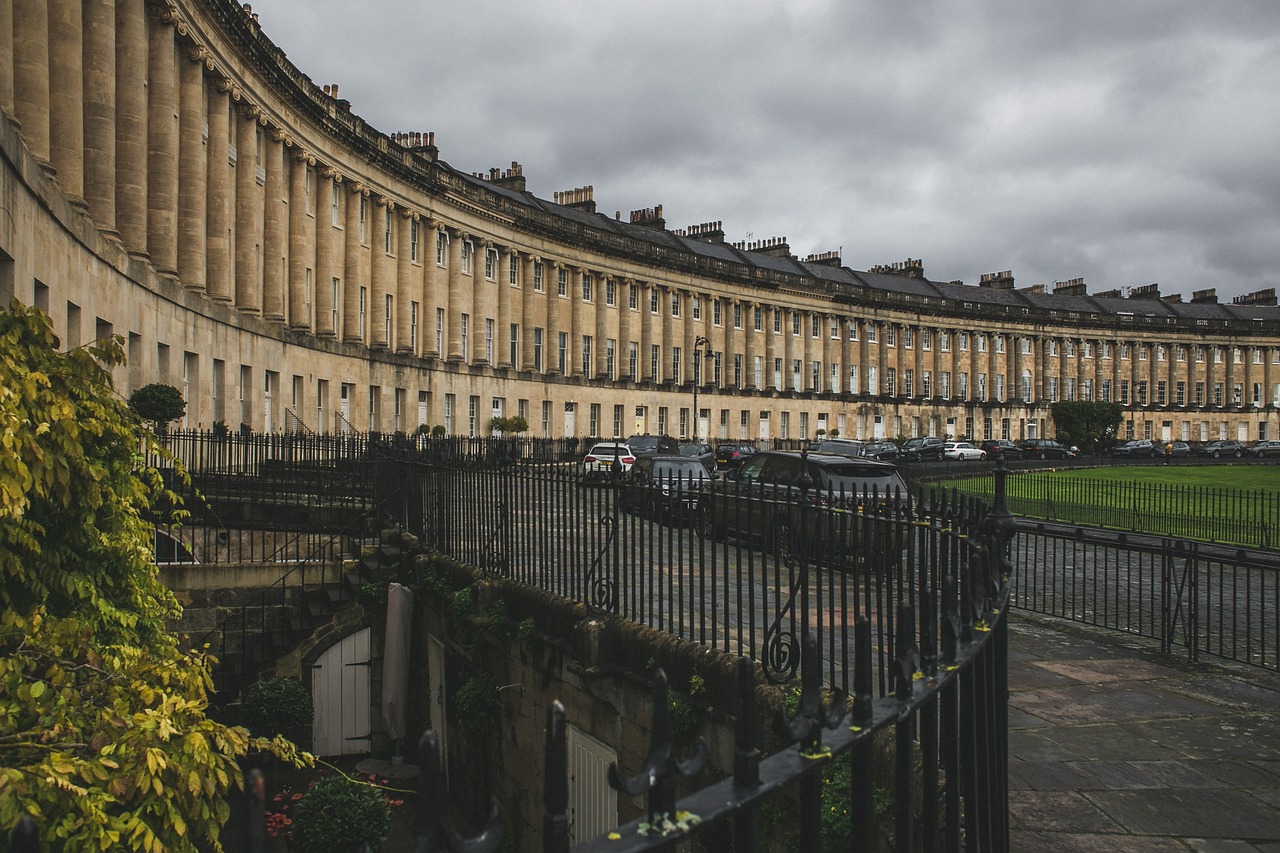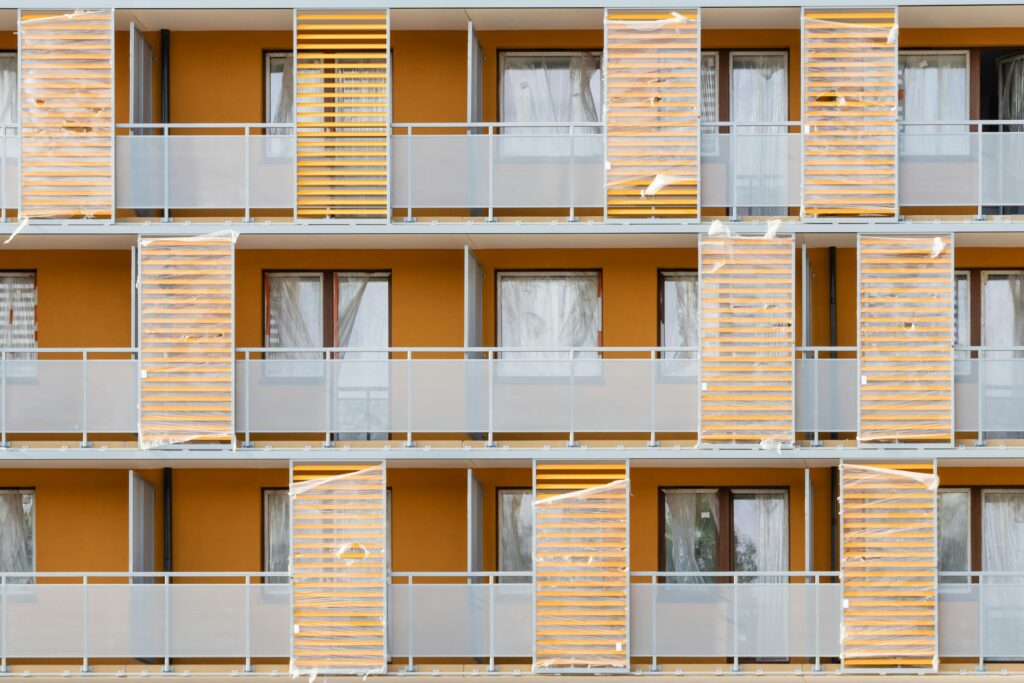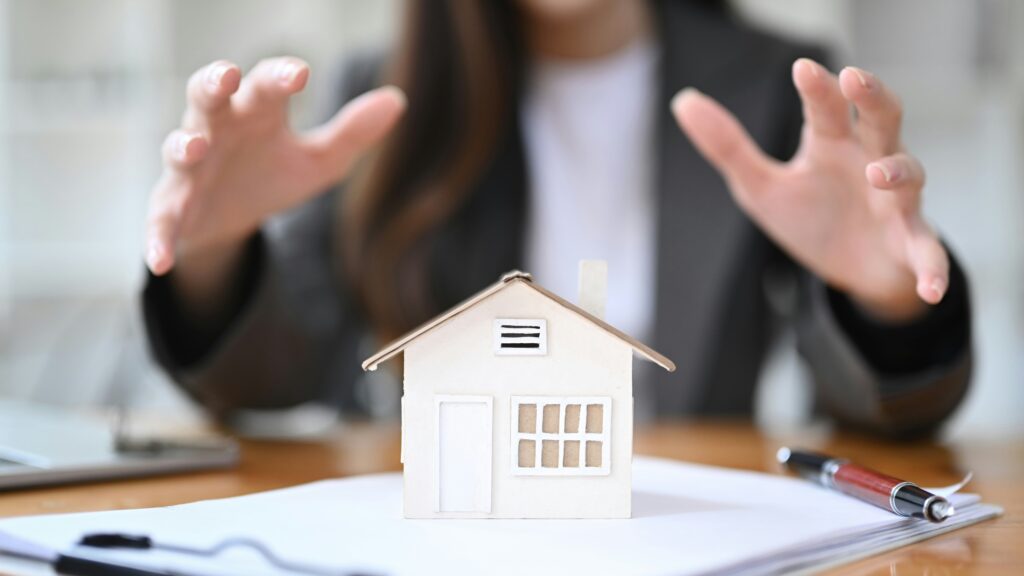Freehold Vs Leasehold: What Is The Difference?

Estimated reading time 11 minutes
Property can be a minefield of confusing terminology and among the jargon you’ll find most frequenting property listings and paperwork are the words freehold and leasehold.
Both mean very different things and it would be worth grasping an understanding of them before looking to make a property purchase.
The similarity is that both freehold and leasehold relate to the ownership of the property. How they affect that ownership is where the difference lies. Freehold properties are where you own the property and the land. A leasehold is where you own just the property but not the land.
As ever though, things in property are not always as simple as you may think so let’s explain the differences so you know exactly what you could be purchasing and what you could be selling when you plan to move on.
What does freehold mean?
If you purchase a freehold property, you are not only acquiring the place you’ll call home but also the land it stands on. Ownership is ownership in perpetuity meaning you have the property for as long as you wish.
This can be beneficial to many homeowners, and we will cover the benefits of freeholds later to explain why.
With a freehold property, you are solely responsible for everything relating to the property. All maintenance and development as well as the upkeep of the land is all down to you. And should you want to extend the property, demolish any of it or alter its purpose, you can. Just seek the relevant planning permissions from the local authority first.
Owning a freehold means no service charges or ground rents and these can often be key factors in people wanting to own one.
What does leasehold mean?
A leasehold property is where you own the home for a length of time agreed with the freeholder. Leaseholds normally apply to flats where you may own the home you are living in but not the building it is contained in or the land it sits on.
When buying a leasehold property, you take on a lease for a specific period but it’s a period of some substantial time. Leases are set to last anything from 50 years to almost 1000 years but don’t worry. You are not committing to those time frames. You simply take over the lease from the previous owners.
The freeholder will set out specific costings relating to the land and the property that you will be responsible for. Charges such as maintenance and service charges for example.
Development of the property must gain the approval of the freeholder first and in many cases, there could be additional rules around whether pets will be allowed, how you use the property, and whether you may decorate.
Pros and cons of freehold and leasehold
Both property types give owners varying benefits but can also make ownership of a home a little more difficult.
Pros of owning freehold
Owning a freehold property is a great way to give you much more flexibility with the place you want to call home. Owning the land and the property, you have free reign, and this can help you mould the property to your exact vision. When buying a freehold, you stand to benefit from:
- No service charges or ground rents. In a leasehold, you will be given an amount to pay, and you may not always see the benefit of that expense. With a freehold, these fees are removed, and you can decide how and when you spend money on the upkeep.
- Complete ownership of the home. The property dream is to be a homeowner and with freehold, you have complete ownership of the home and the land so you can begin to create the home just like you want it and live there for as long as you want.
- No lease to worry about means you will not have to concern yourself with the costly fees that negotiating a new lease may incur. Instead, you can just enjoy your home until you decide to sell.
- Total freedom to do what you want means you can decorate, develop, and design as you wish. Subject to planning permission you can do what you like with the property.
Cons of owning a freehold
As with everything that has a pro, there are a few cons too. With a freehold, you may find that the items listed below are enough to turn you off the idea of purchasing a freehold.
- Additional costs can be a drain on resources and purchasing a freehold means that everything comes under your responsibility. Repairs, alterations, insurance, and more are all yours to take care of and can soon eat up some of that cash you were planning to keep aside for other property projects.
- Initial outlay on a freehold property will be higher than a leasehold property as not only are you securing the purchase of the home, but you are buying the land too. Whilst this can mean you make more money when selling, the initial expense can be a deterring aspect of making the purchase when you can secure a cheaper property on a leasehold.
- If you are working to a budget, you may find that it is harder to source property. For the most part, freehold properties are houses rather than flats and this could limit your options significantly when looking for a new home.
Pros of buying a leasehold property
If you opt for a leasehold, you stand to benefit from a few things that you may find advantageous.
- Properties sold as leasehold tend to be cheaper than those on freehold. You are only buying the property and not the land so can see a saving made on the purchase.
- You won’t need to find yourself caught up in maintenance or upkeep of the building or communal areas as this will all be covered by the freeholder or their nominated contractors your service charges pay for.
- Building insurance is taken care of by the freeholder.
Cons of buying a leasehold property
Of course, there are some cons too and these could see you sway more towards looking to freehold properties.
- Additional costs could see you with less disposable cash that could be put towards improving your home. You will have accounted for your mortgage already, but service charges and ground rents add an additional expense to your monthly outgoings, plus they can go up each year.
- Leasehold properties are much more restrictive than freehold and for any developments, you will have to seek approval from the freeholder in advance.
- There are many more terms and conditions with leasehold property, and this could range from whether you are allowed pets, to whether you can paint the walls.
- Selling a leasehold may be hard, especially if the lease is approaching its end. This not only means a longer time on the market but also that you may miss out on a favourable market.
Can I buy the freehold of my leasehold house?
If you live in a property where you are the leaseholder, you could investigate the possibility of purchasing the freehold from its current owner. With flats, you can only buy a share of the freehold alongside other residents. However, you will need at least half of the leaseholders to agree to buy a share of the freehold for this to happen.
Should the property be a house, you can purchase the entire freehold. It isn’t quite as simple as just asking the freeholder if you can buy it and then handing over the funds though. There is a degree of complexity to it, and of course, expense.
There are two routes to purchasing the freehold of your leasehold property. The formal and informal. The formal option is the route that follows the letter of the law and works to strict deadlines. This option offers more protection to the leaseholder and can be favourable for this reason.
The informal route is one taken by those who approach the freeholder directly. They can ask if the freeholder is willing to sell. The freeholder can decline, ignore, or accept the request. Should they be open to the idea, you can then negotiate and hopefully reach an agreement. Starting with this method saves money and allows you to perhaps move more quickly with acquiring the property and should it not work, if you meet specific criteria, you could then opt to pursue the formal route.
How much will it cost to buy the freehold?
It would be hard to put an exact figure on this due to the varying factors to consider. Property type, location, length of lease remaining and more. You should factor the following into your budget to at least give you a rough idea of how much it may cost.
- Legal fees
- Land Registry fees
- Stamp duty
- Legal fees of the freeholder
- Valuation fees obtained by the freeholder
- The sale price of the freehold itself
Should you buy a leasehold property?
We mentioned earlier a few of the pros concerning purchasing a leasehold and for many, they can be quite tempting but you will also need to take into consideration some other important factors.
Before you make an offer on any leasehold property, you should look at how many years are left of the lease, how much the service charges are and whether the contract stipulates any annual rises in them.
Furthermore, weigh up whether the remaining lease will affect your mortgage application or the chances of a future sale. Shorter leases can make mortgage applications or selling a property much harder. Property values diminish as the lease runs down, as a rule, a lease of at least 80 years on a property will put you in good stead to secure your mortgage or sell the home.
Can I extend the lease on a leasehold property?
If you live in a leasehold property, you could approach the landlord/freeholder to see if extending the lease is possible. Once you have owned the home for 2 years or more, you have the right to extend the lease for 90 years as long as you are a qualifying tenant. You become a qualifying tenant when your original lease was for 21 years or more.
You will be responsible for all fees for extending the lease and these will include the fee determined by the freeholder for its extension and any legal fees that may be accrued. These costs will be based on the property value, how long is left on the lease and whether any improvements have been made to the property.
What are your rights as a leaseholder?
As a leaseholder you are protected from a landlord taking unfair advantage of you financially, however, it unfortunately does still happen. You are perfectly within your rights to request that the freeholder/landlord provide a breakdown of how all the service charges are being spent and how they have been worked out. In many cases, you will be sent an annual statement. You can also ask for copies of paperwork or receipts to see proof that the costs on the statement match up.
The freeholder also must consult you in advance of any building work that may cost more than £250, before any work begins that may take a year or more to complete, or any work that may cost you over £100 per year.
If you own a leasehold or freehold property and are looking at how to sell your house fast, speak to our team. Bettermove offers a quick sale solution (including a sell flat fast service). Even better, have you ever thought, can I sell my house for free? We don't charge our clients a penny. Simply approach our team of property experts, they will carefully value the home and then present it to a network of cash house buyers. Then within 30 days, a sale can be achieved, and funds placed directly into your account. No chains, no stress, no hassle. Contact us today to find out more.



